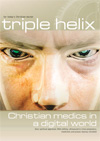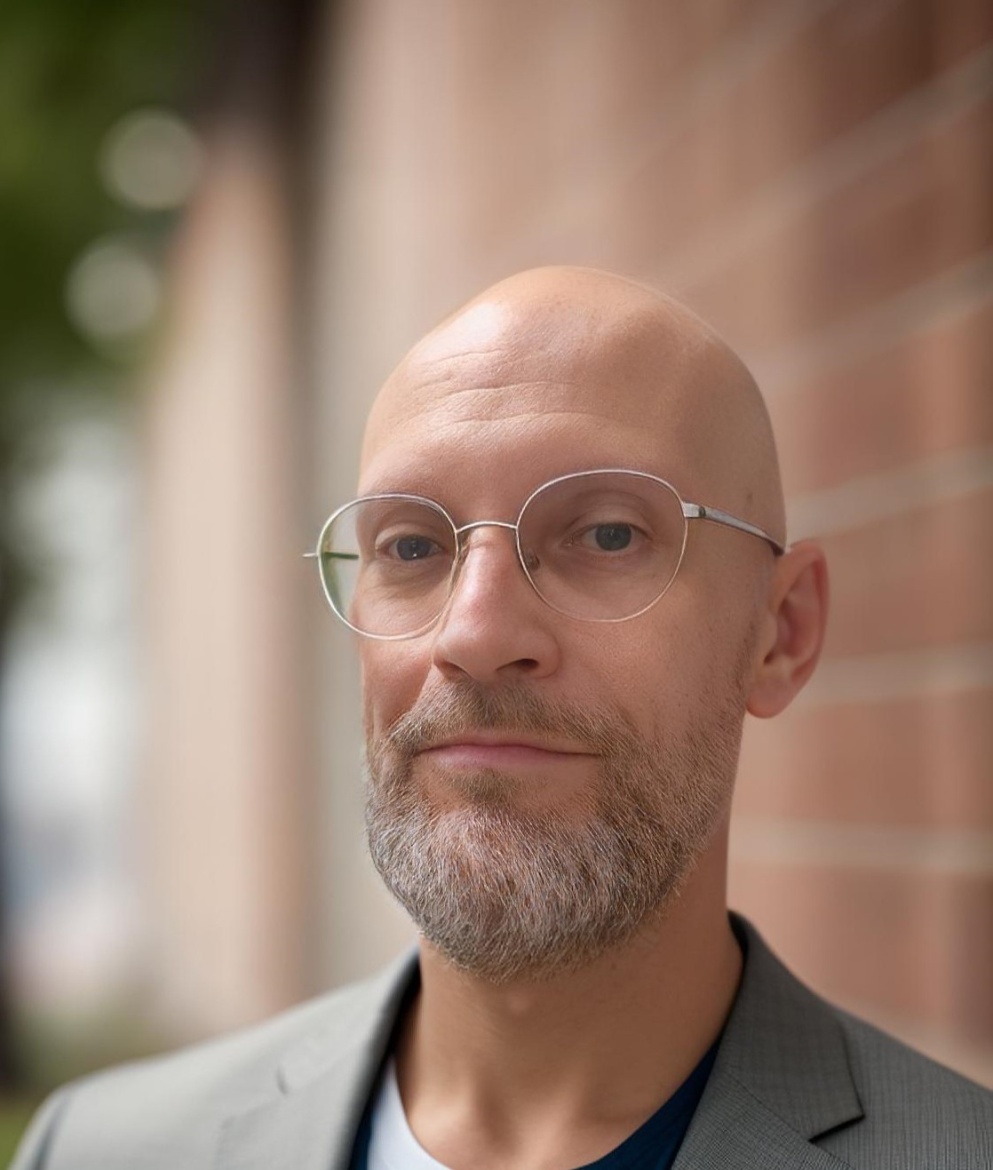New cases and stigmatised survivors
Regular reports in the autumn and early New Year claimed that West Africa was finally Ebola free after nearly three years, only for another case to crop up within days. (1) Now it seems that earlier fears that survivors may be prone to relapsing illness turn out to be well founded.
Research presented at the Conference on Retroviruses and Opportunistic Infections in Boston in February suggested that many survivors of the West African Ebola outbreak are suffering long term neurological, ophthalmic, reproductive and mental health sequelae to the initial illness. (2) Joint pain, retinal damage, depression and suicidal tendencies, were all found among survivors. Anecdotal reports also suggest a higher than normal risk of still birth and miscarriage among female survivors. Meanwhile, male survivors can carry live virus in their semen, so are an ongoing infection risk.
Many survivors face stigma that leaves them isolated and rejected by family and wider community. They cannot get work, people won't buy goods from their market stalls, and they often cannot get housing. Many health professionals were infected, and they now too find themselves unable to get work, especially as they struggle with the neurological consequences of the illness. (3)
There also is a huge sense of guilt for having been the source of infection that claimed the lives of friends and family. This news is therefore yet another cruel twist in a horrific trauma to have affected some of the poorest and most deprived communities in Africa.
More research is needed - but it seems that the virus is finding immunological sanctuaries in the central nervous system, the eye and reproductive organs. Furthermore, there is growing evidence that there are asymptomatic carriers who may also be vectors for viral transmission. Finally, the most promising new treatment, ZMapp has been shown to have no significant effect, and we are some way off from knowing how effective trial vaccinations will be.
We cannot afford to forget all of those affected. Many national health workers and others from around the world, including some of our members, invested much time and energy (and all too often, their lives) in the acute phase. It now looks like we will need a much longer-term commitment to help the people of West Africa deal with the consequences of Ebola. And on the ground, it will be the churches and mission hospitals who will be supporting and caring for those living with the consequences long after the international community has moved on.
































